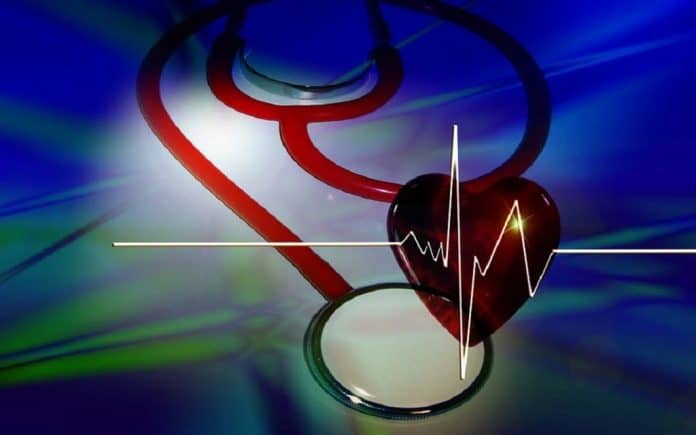The functionality of the blood appears to be seemingly impossible job: It must flow continuously and smoothly throughout your body system for an entire lifetime, but quickly stop the flow in case of a cut or injury.
Coagulation, is a vital body process that helps in preventing excessive bleeding when a blood vessel is injured. Platelets and different kinds of proteins in your plasma work together to stop the bleeding by forming a clot over the injured area. After the wound has healed your body system will naturally dissolve the blood clot.
However, there are scenarios when the blood clots form on the inside of vessels without an obvious injury and do not dissolve naturally. These medical conditions can be dangerous, require accurate diagnosis and appropriate treatment. These clots can occur in veins or arteries, an abnormal clot that forms in a vein may restrict the flow of blood to the heart.
Different Causes of Blood Clots are as follows:
- If you have recent surgery.
- If you are 65 or older.
- Take pills, especially for birth control.
- Have or had cancer or are being treated for it.
- Broken a bone (hip, pelvis, or leg).
- Limited to bed or a chair much of the time.
- Have or had a stroke or are paralyzed.
- Have heart trouble or had a blood clot before.
Symptoms of Blood Clot
- New swelling appears in your arm or leg.
- Skin redness or inflammation
- Pain in your arm or leg.
Now let us look at the medications that is used, the most common one is Eliquis that is also known as Apixaban. It is an anticoagulant medicine that is used to treat and prevent blood clots in people with nonvalvular atrial fibrillation to prevent any chance of stroke. Eliquis is also used in patients of hip or knee replacement to prevent blood clotting especially if they have a prior history of the same (blood clots). Eliquis works by blocking certain clotting proteins in your body. Eliquis can also be used as an alternative to warfarin. It does not require any monitoring by blood tests. It is taken orally.
How to use Eliquis: always follow the instructions provided on the information leaflet before taking the tablets. If you have any queries, clarify them with your doctor or pharmacist. Eliquis tablet is taken orally with or without food as directed by your doctor. It is usually taken twice a day. If you have a problem swallowing the tablet, you can crush it and mix it with water and take it right away. Your doctor will prescribe you the dosage based on your medical condition, age, weight, your response to treatment, and if you are on any other medicine.
Tell your doctor in advance if you have any medical history and if you are currently consuming any other prescription medication or herbal products. If you are prescribed Eliquis after surgery to prevent blood clots, then the length of your treatment will mainly depend on the type of surgery you had.
If you have missed a dose, take it when you remember about it. Do not take two dosages at the same time. Do not stop taking the medicine abruptly without your doctor’s consultation.
This can lead to deterioration of your condition. Take the medicine every day at the same time to get maximum benefit. Always get your tablets in advance before you run out of your previous stock. Please Look Here for more information.
Side effects of Eliquis: some of the common side effects are nausea and bleeding. If these conditions persist, call your doctor and ask for help. Remember that your doctor has prescribed this medication because he or she has judged that the benefit to you is greater than the risk of side effects.
Many people using this medication do not have serious side effects. Some more serious side effects include severe bleeding from a cut or bruise, unusual swelling, and pain, discomfort, prolonged bleeding from gums, frequent nosebleeds, heavy bleeding during menstruation, change in color of urine, dizziness, nausea, weakness, tiredness, bloody stools, difficulty in swallowing.
In such cases, get in touch with your doctor or pharmacist and get yourself checked. The doctor might change your medicine depending on the side effects.
Other important points: always take the right amount of dose as prescribed by your doctor. In case of overdose, take emergency medical help. If you have any allergies after starting the medication, then let your doctor or pharmacist know about it. Do not share your medicine with another person. Store the medicine at room temperature away from heat and moisture.
Keep the bottle closed tightly and get a refill before you run out of the medicine. Keep the medicine away from the reach of children. If you are not seeing any results of the medicine, give your doctor a call and let him/her know. Do not self prescribe the medicine without proper consultation from your healthcare provider.



